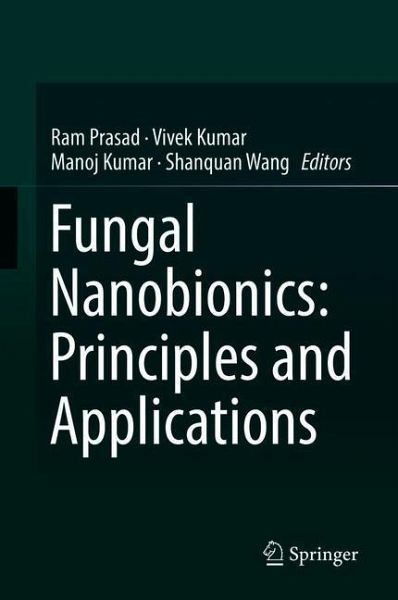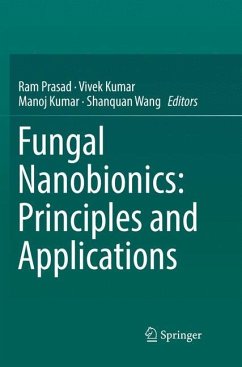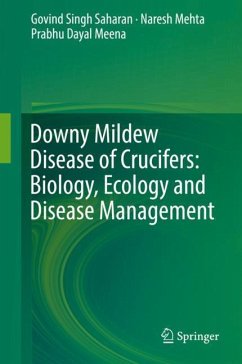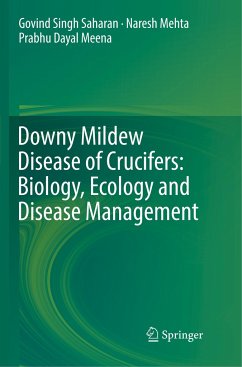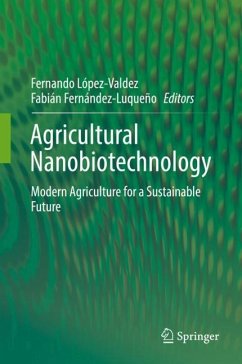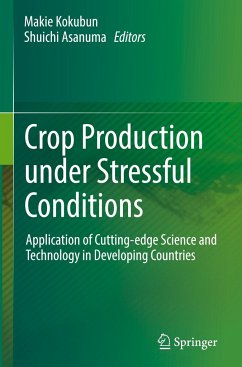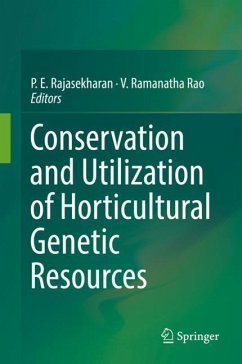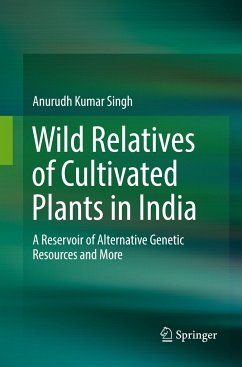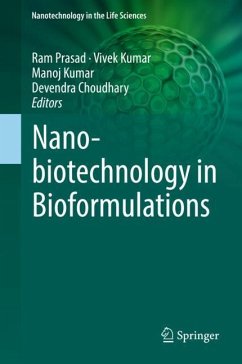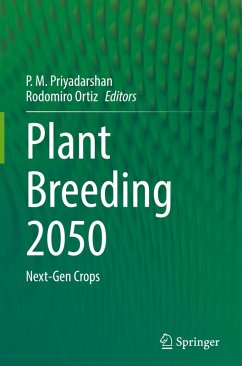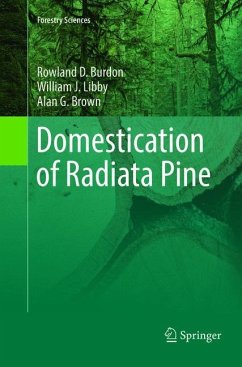Dr. Ram Prasad is associated with Amity Institute of Microbial Technology, Amity University, Uttar Pradesh, India. His research interest includes plant-microbe-interactions, sustainable agriculture and microbial nanobiotechnology. Dr. Prasad has more than hundred publications to his credit, including research papers, review articles & book chapters and five patents issued or pending, and edited or authored several books. Dr. Prasad has twelve years of teaching experience and he has been awarded the Young Scientist Award (2007) & Prof. J.S. Datta Munshi Gold Medal (2009) by the International Society for Ecological Communications; FSAB fellowship (2010) by the Society for Applied Biotechnology; the American Cancer Society UICC International Fellowship for Beginning Investigators, USA (2014); Outstanding Scientist Award (2015) in the field of Microbiology by Venus International Foundation; BRICPL Science Investigator Award (ICAABT-2017) and Research Excellence Award (2018). Previously, Dr. Prasad served as Visiting Assistant Professor, Whiting School of Engineering, Department of Mechanical Engineering at Johns Hopkins University, USA and presently, working as Research Associate Professor at School of Environmental Sciences and Engineering, Sun Yat-Sen University, Guangzhou, China. Dr. Vivek Kumar is Associate Professor, involved in teaching, research and guidance with a pledge to enduring knowledge. Dr. Kumar works at Himalayan School of Biosciences, Swami Rama Himalayan University, Jolly Grant, Dehradun, India. He obtained his masters and doctoral degree from CCS Haryana Agricultural University, Hisar, Haryana, India. He currently serves on the editorial boards of many prominent international journals, viz.. Environment Asia, International Journal of Biological & Chemical Sciences, Environmental Sustainability, Journal of Advanced Botany and Zoology, and Journal of Ecobiotechnology. He is also a reviewer for many prestigious journals such as; Journal of Hazardous Materials, Environmental Sustainability, Science International, Acta Physiologiae Plantarum, Environment Science & Pollution Research, and Rhizosphere. He has more than 100 publications to his credit, including research papers, review articles, book chapters, and also edited several Springer books. Dr. Kumar also served as a Microbiologist for eight years at the Department of Soil and Water Research, Public Authority of Agricultural Affairs & Fish Resources, Kuwait. He has been credited with first time reporting and identification of Pink Rot inflorescence disease of Date palm in Kuwait caused by Serratia marcescens. He has been awarded 'Young Scientist Award' for the year 2002 in 'Agricultural Microbiology' by the Association of Microbiologists of India (AMI). Dr. Kumar's research areas are plant-microbe-interactions, environmental microbiology and bioremediation. He has also organized various outreachactivities Dr. Manoj Kumar is a scientist with sanguine behavior who is adoring about research and development, with a commitment to lifelong learning. He is determined on high quality science that contributes broadly to both increasing intellectual knowledge of plant development and to increasing the ecological niche. He has a high level of professional desire and intellectual hunt, and the potential to fulfil the dream of his high impact publications and the future recognition of these by academic peers. Dr. Kumar has pursued his PhD in Plant Biotechnology from prestigious Jawaharlal Nehru University and then awarded two postdoctoral fellowships consecutively: i) DBT-PDF from IISc Bangalore in 2005 and then NRF-PDF from University of Pretoria and Melbourne. Presently, Dr. Kumar is working as Associate Professor and Head of School of Life Sciences, Central University of Jharkhand, Ranchi, India. He is leading a diverse research group in Life Sciences supported by DBT-BUILDER program, Ministry of Sciences and Technology, Govt of India. He referees for many more, including Phytoremediation, Journal of Soil Sediments and many more. Dr. Kumar's research is the integration of microbial genetics with a breadth of plant physiological approaches to enable novel gene discovery and conferring metabolites.¿ Dr. Wang Shanquan (ALAN) is Associate Professor, School of Civil and Environmental Engineering, Sun Yat-Sen University, Guangzhou, China from 01/2016 to till date. His area of research focus on environmental microbiology, especially on organohalide-respiring bacteria and their conversion of halogenated Persistent Organic Pollutants (POPs). He integrate microbial cultivation, metagenomics, molecular techniques and bioreactor operation to gain fundamental insights of our complex biosystems (e.g. bioremediation sites and anaerobic digesters), specifically from molecular-, cellular-, community- to system-levels. The generated knowledge on these reductive processes will be further employed to devise novel methods, techniques and products for our environmental engineering purposes
